
Challenging All or Nothing Thinking
February 22, 2022 in Educate Yourself
All-or-nothing thinking is just like what it sounds: when we view things as black or white with no gray in between. All-or-nothing thinking is a cognitive distortion or negative thought pattern that influences how we feel.
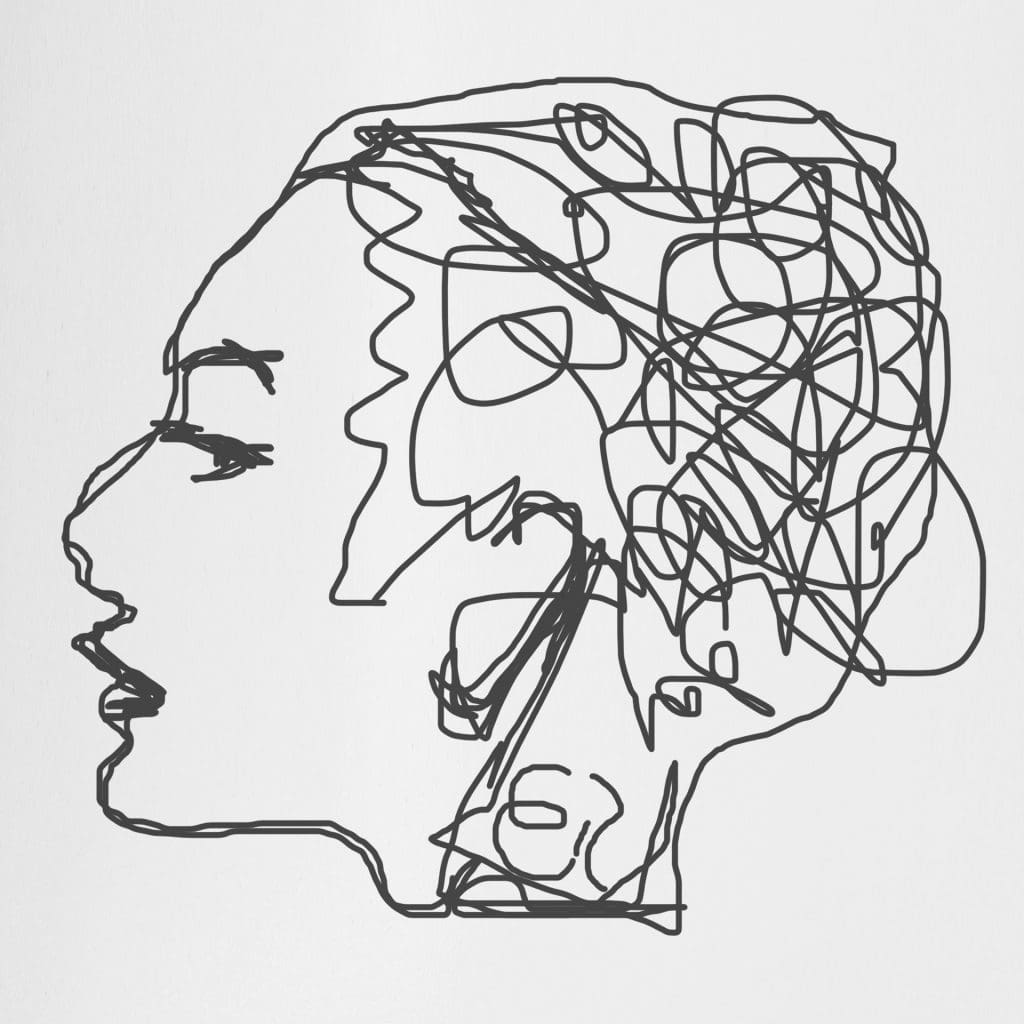
Holding ourselves to such high standards can impact our mental health. These high standards reflect a level of perfection no one can truly obtain as humans. The pressure to be perfect can be overwhelming, and it isn’t fair to us. Our lives are complex and carry many different shades, so when we tell ourselves we must be perfect or else, it can lead to us blaming ourselves and experiencing self-hatred.
How do I spot and stop all-or-nothing thinking?
It can be hard to tell we are engaging in all-or-nothing thinking in the moment. Some ways we can identify it are when we use words like “never” “always” or “ever”. For example, saying “I never do anything right” or “I always fail” show all-or-nothing because they are extreme statements that don’t account for alternatives. It’s not possible to “never” do anything right, just like it’s not possible to be perfect.
There are a few ways we can challenge these all-or-nothing thoughts.
Practice self-compassion.
Practice self-compassion by incorporating self-esteem-boosting statements into your daily routine. Instead of being harsh with ourselves, we can talk to ourselves like we’d talk to our friends. One way you can incorporate this visually is by using coping cards
Thinking in Shades of Gray
Instead of viewing something as black or white, think about it as a range or in shades of gray. When things don’t work out, try to rate it as a partial success instead of a complete failure. This approach lets us take a more balanced perspective. For example: when it’s a rough day, think about what you did well despite how hard the day was. Think about times you were proud of yourself and celebrate your “small wins.”
Do you find yourself falling into the trap of all-or-nothing thinking? What are some other ways you can challenge all-or-nothing thinking? Let us know your thoughts!

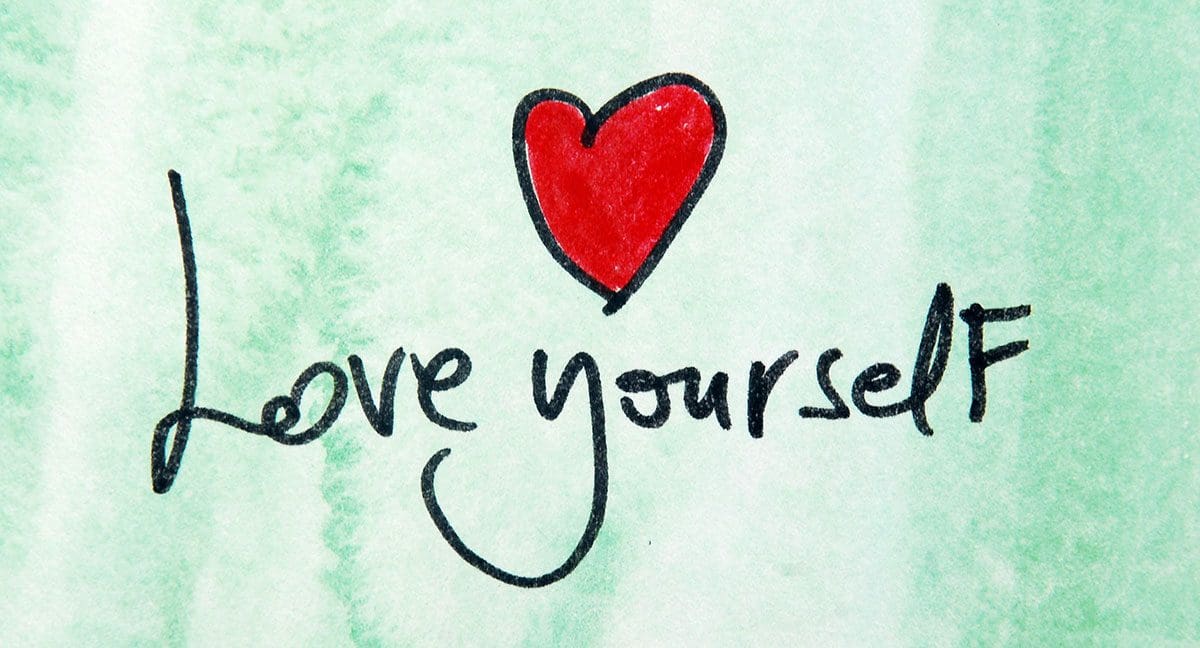

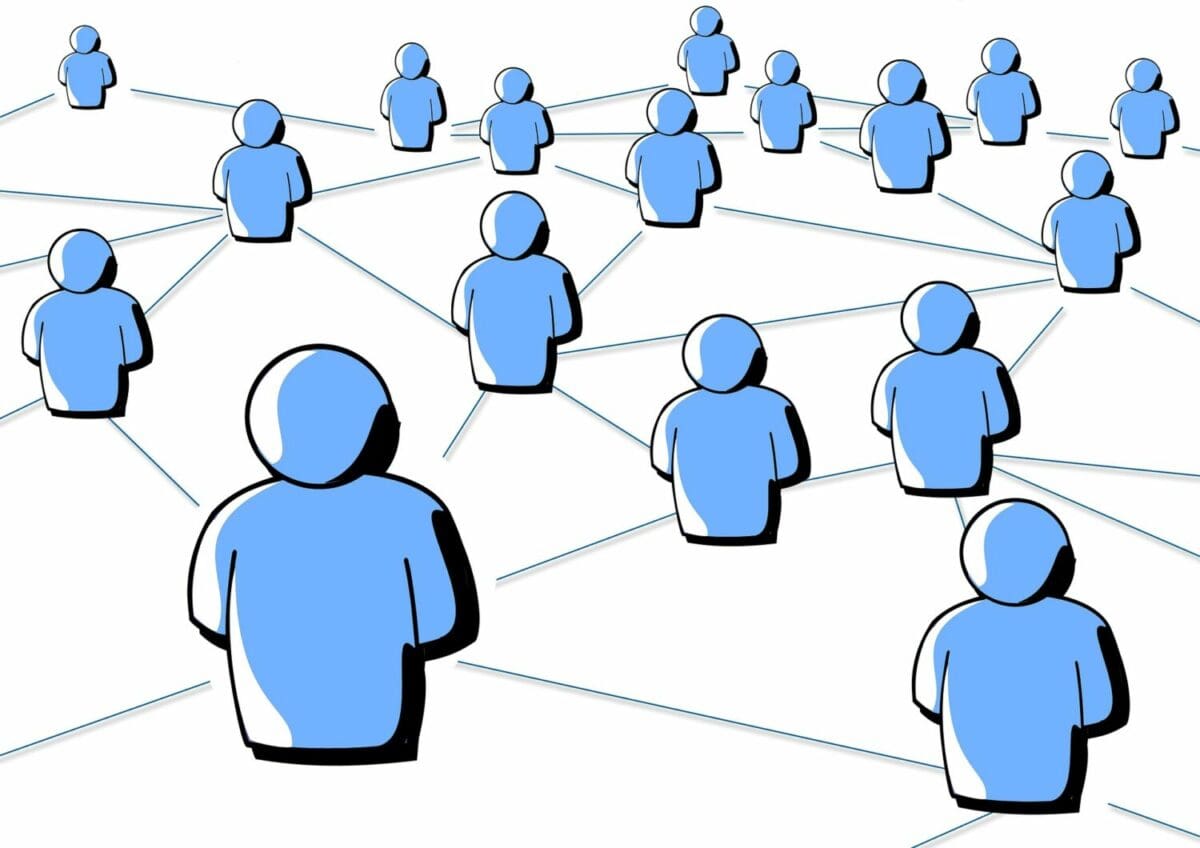




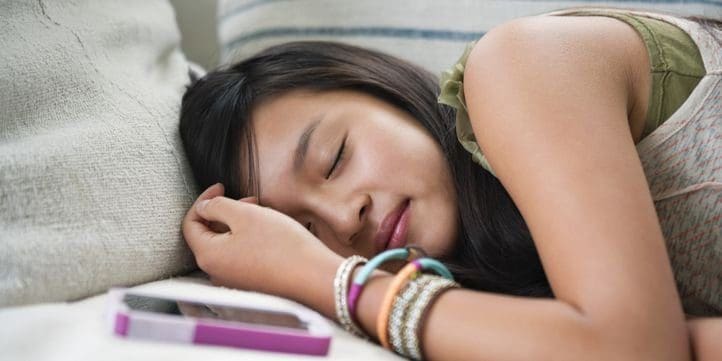
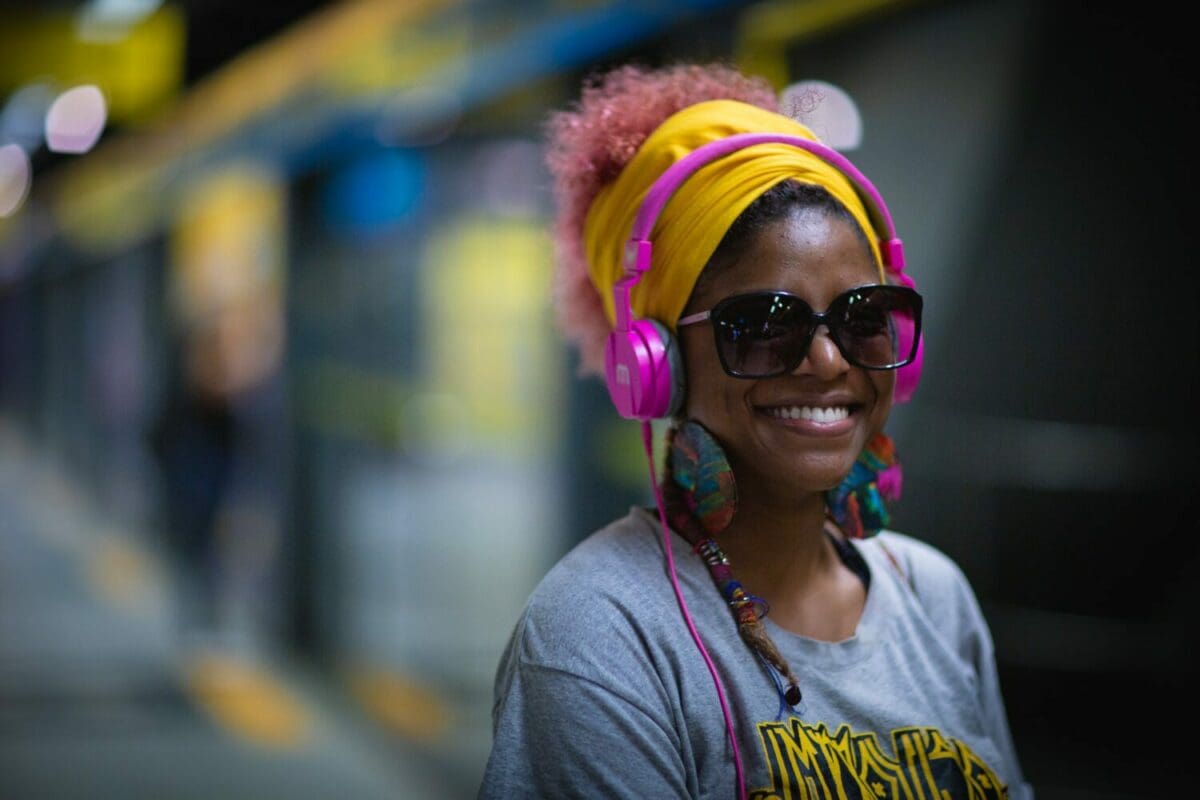
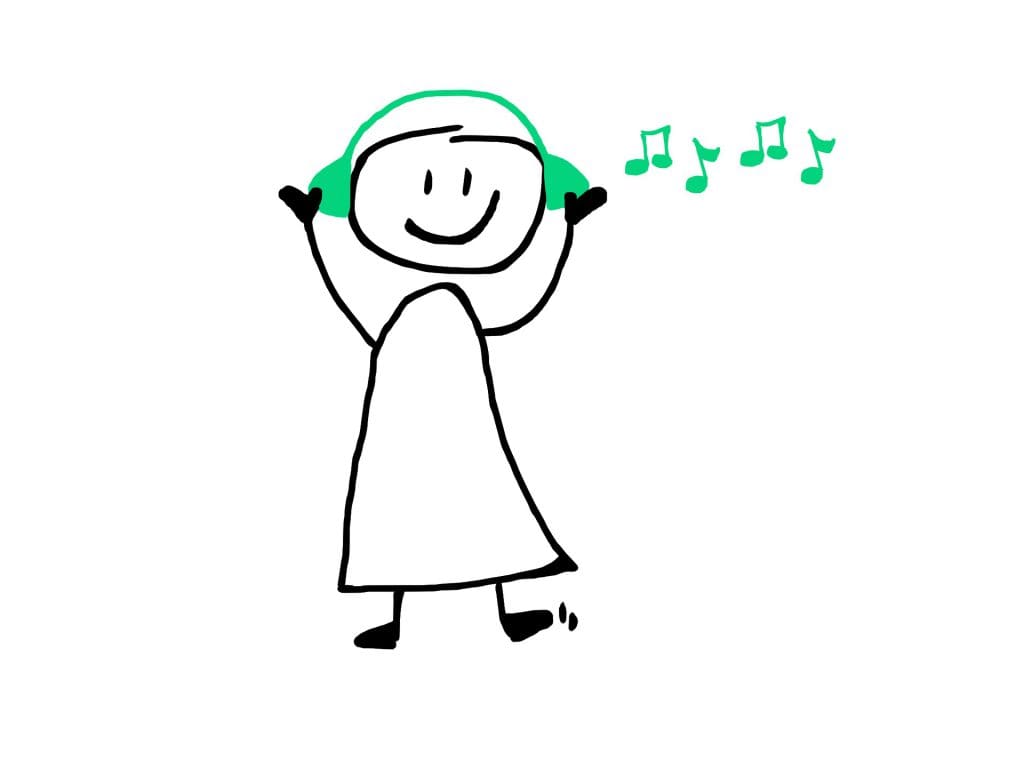

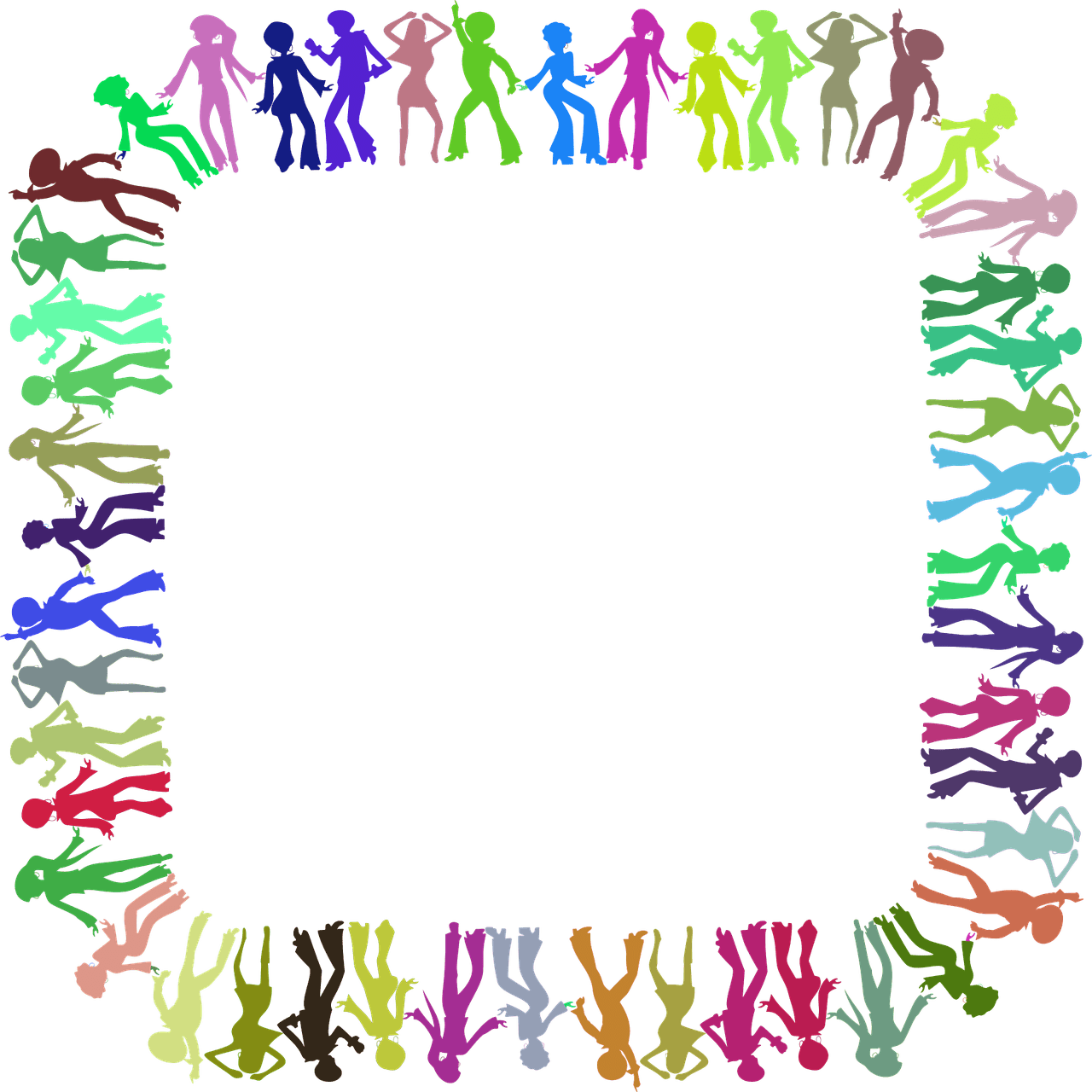

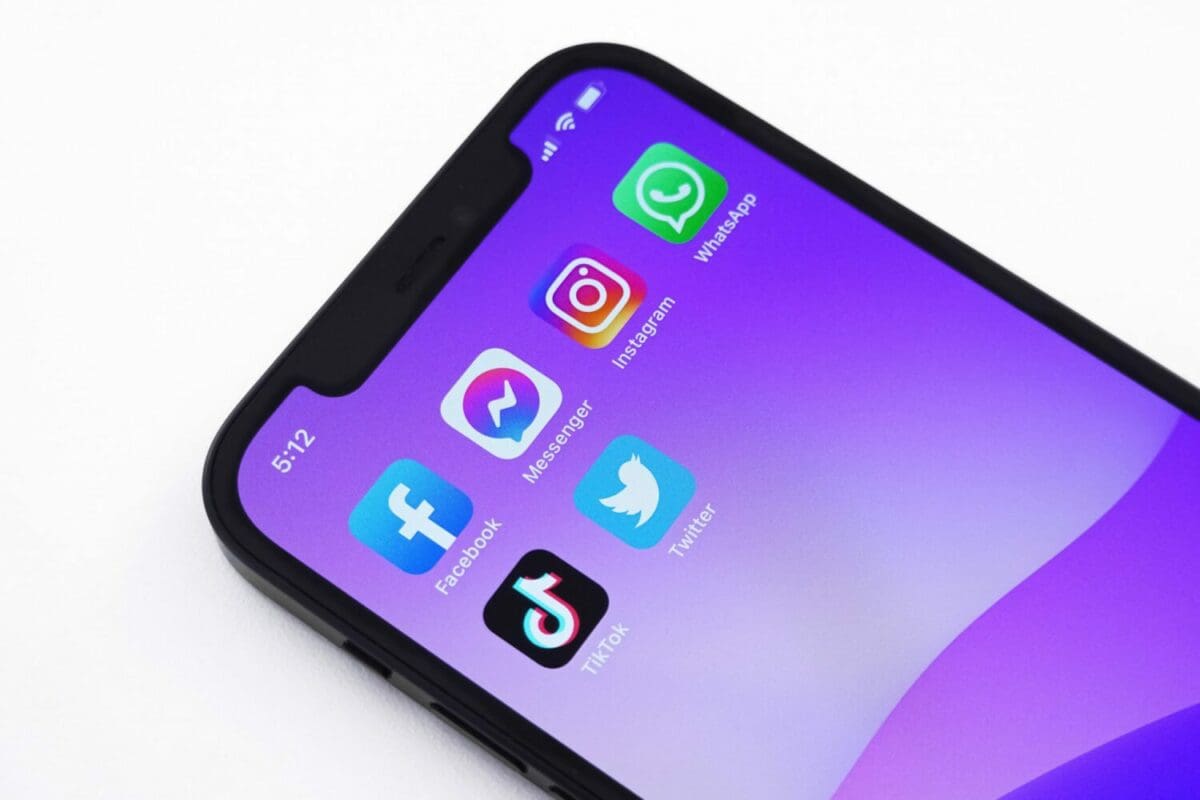
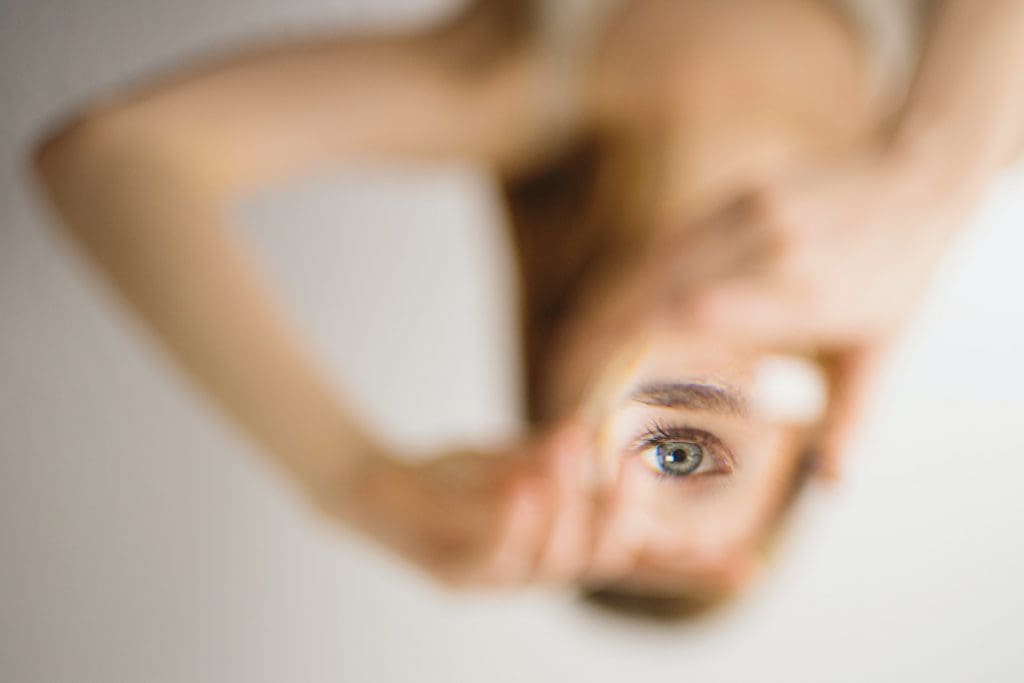


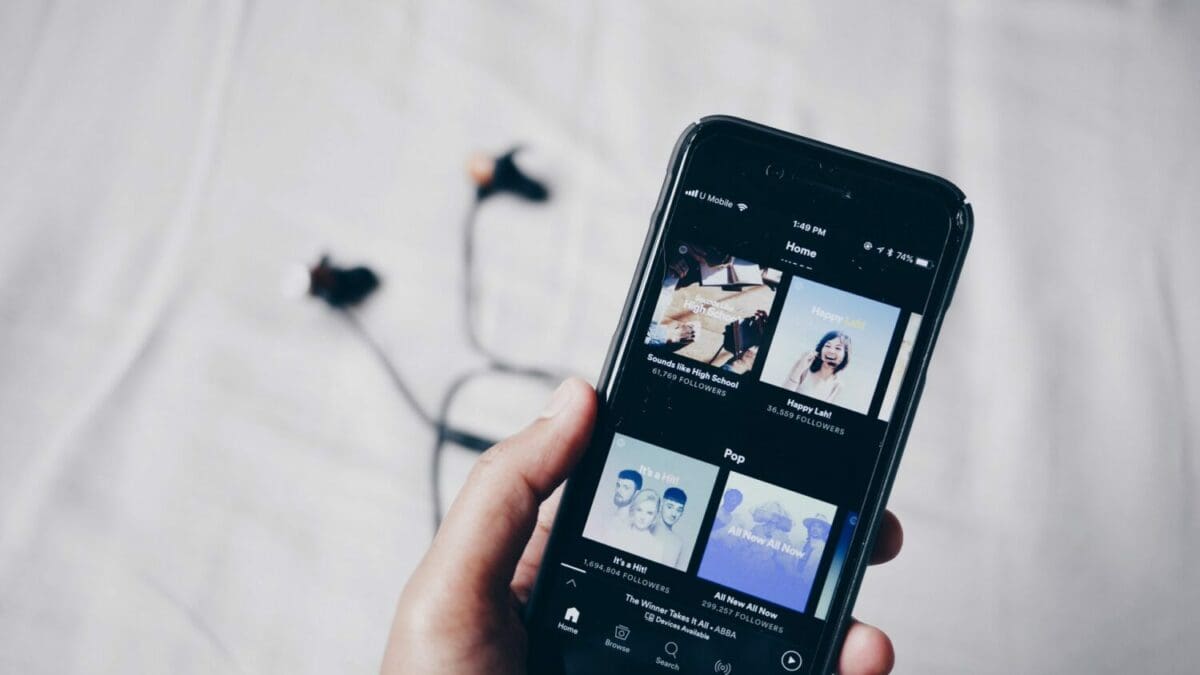

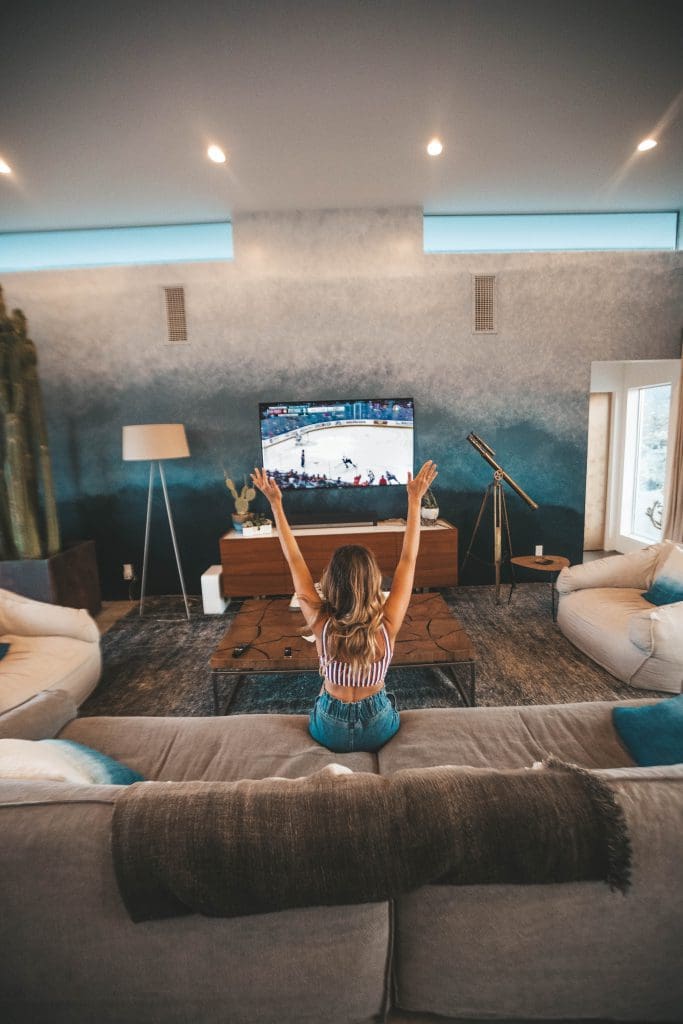
Recent Comments